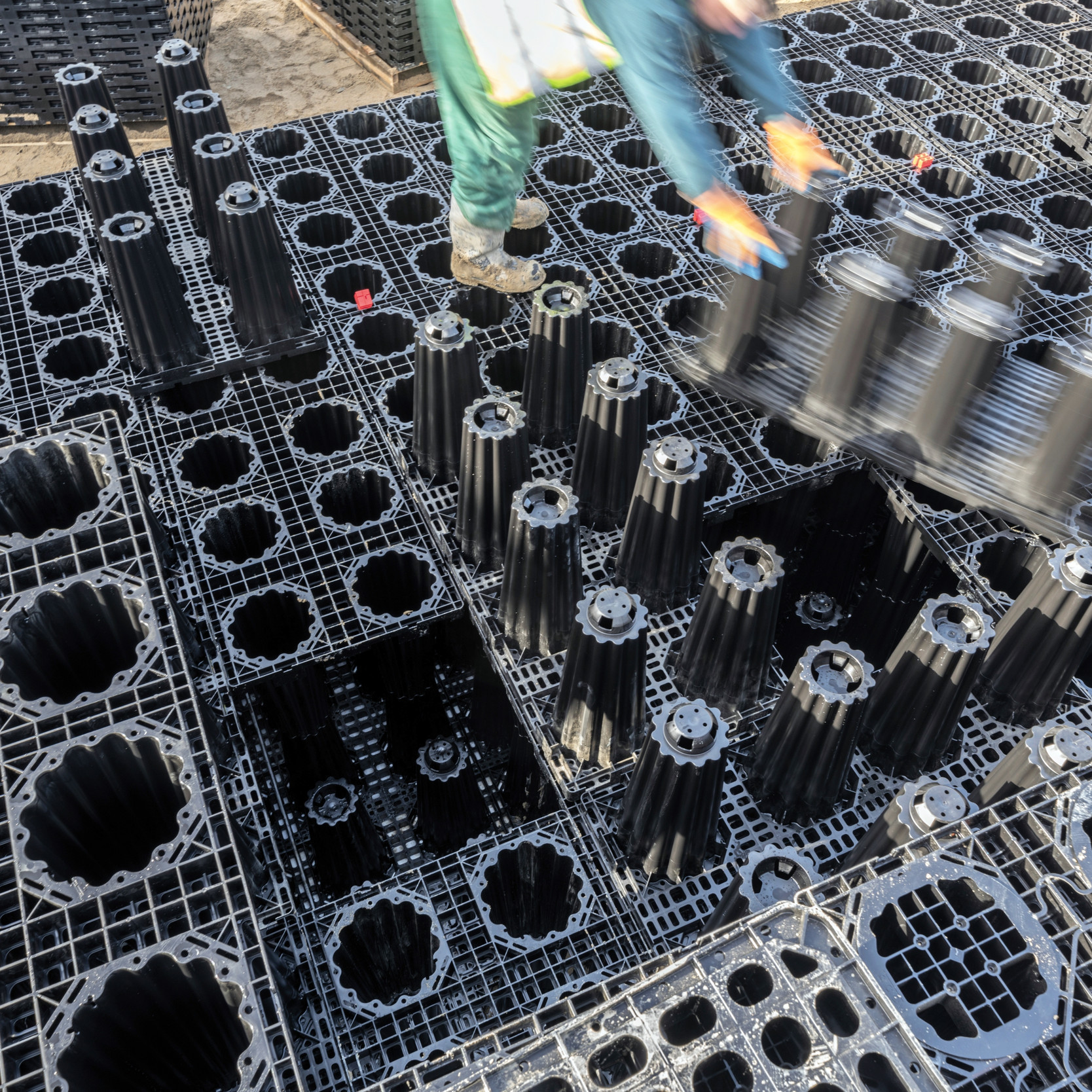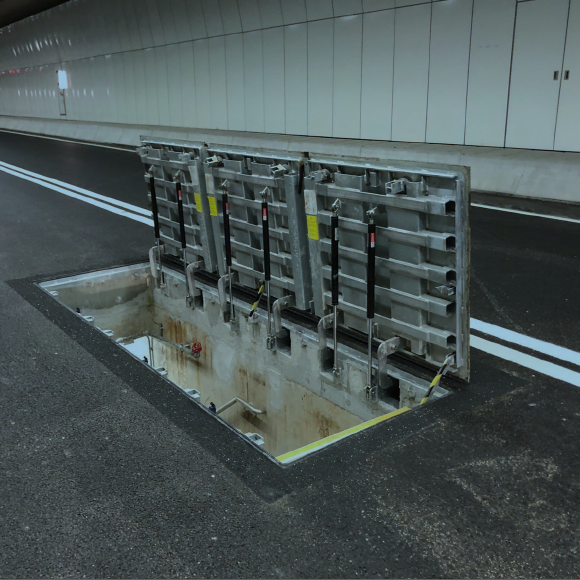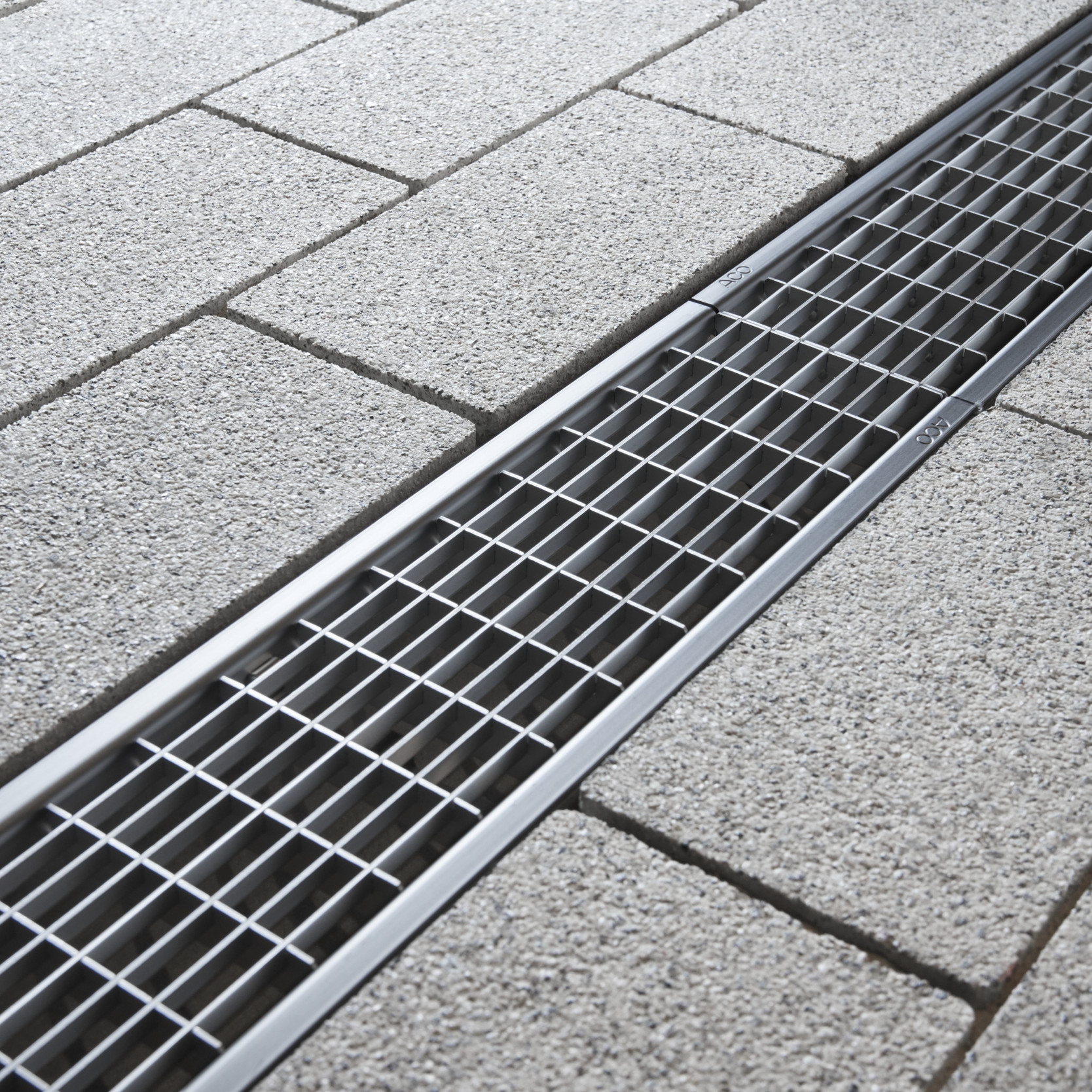Jakarta, the bustling capital of Indonesia, is home to an extensive network of train and Mass Rapid Transit (MRT) stations that serve millions of daily commuters. These transit hubs are essential to the city’s efforts to reduce traffic congestion and provide efficient public transportation. However, many of these stations suffer from inadequate drainage infrastructure, making them vulnerable to flooding during the frequent heavy rains that affect the region. The accumulation of water in and around these facilities often disrupts operations, causes delays, and poses safety risks to passengers.
The absence of robust water management systems highlights a critical gap in the city’s urban planning and infrastructure development. Without proper drainage solutions, water quickly inundates platforms, entrances, and access roads, undermining the reliability and resilience of Jakarta’s public transportation system. Addressing these issues through the installation of modern drainage and flood control systems is essential to ensuring uninterrupted service, protecting infrastructure investments, and enhancing the overall commuter experience. As climate change continues to intensify weather patterns, proactive adaptation in water management is not only advisable but imperative for Jakarta's transit future.




